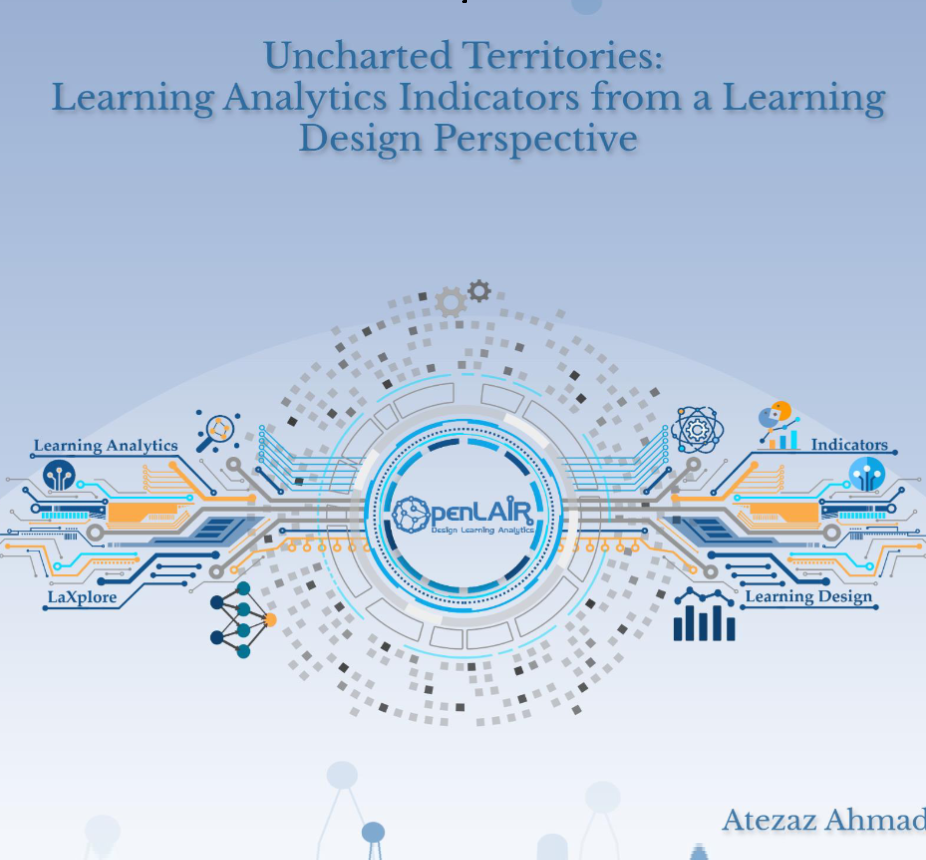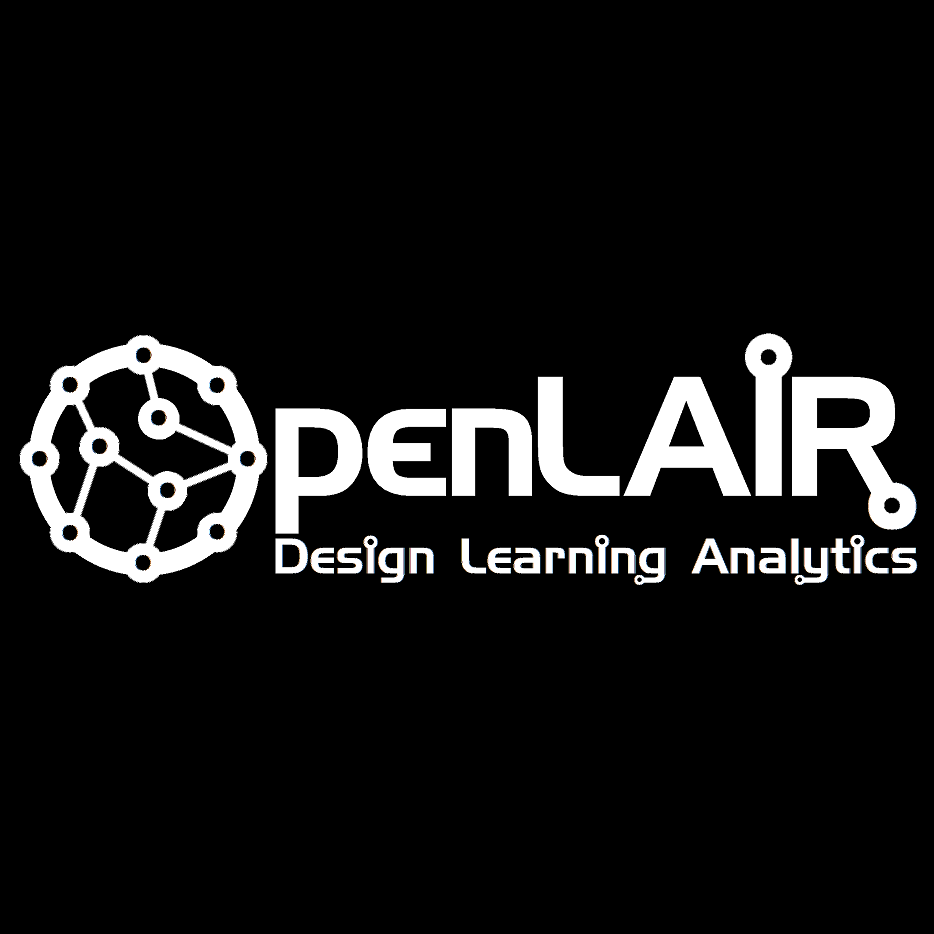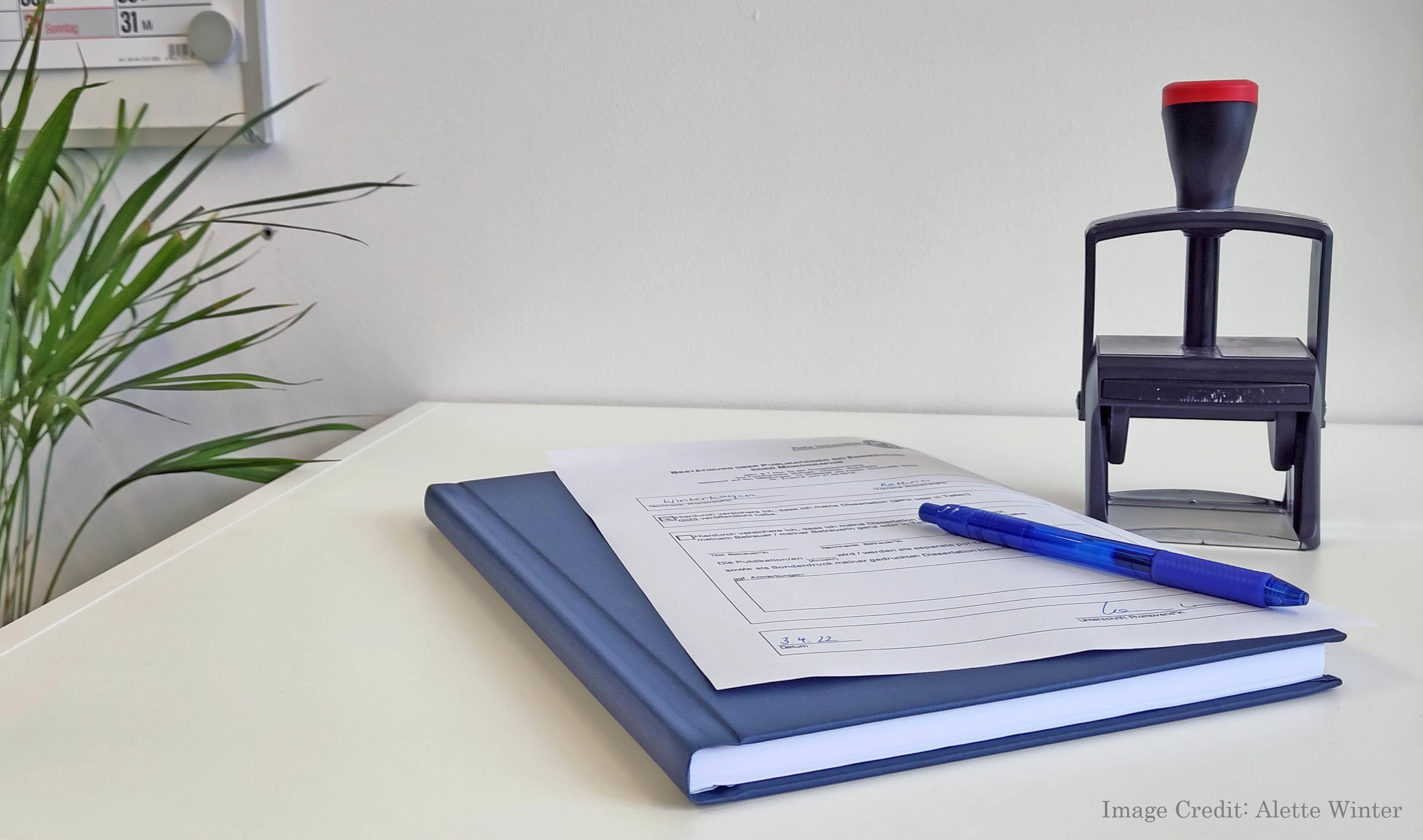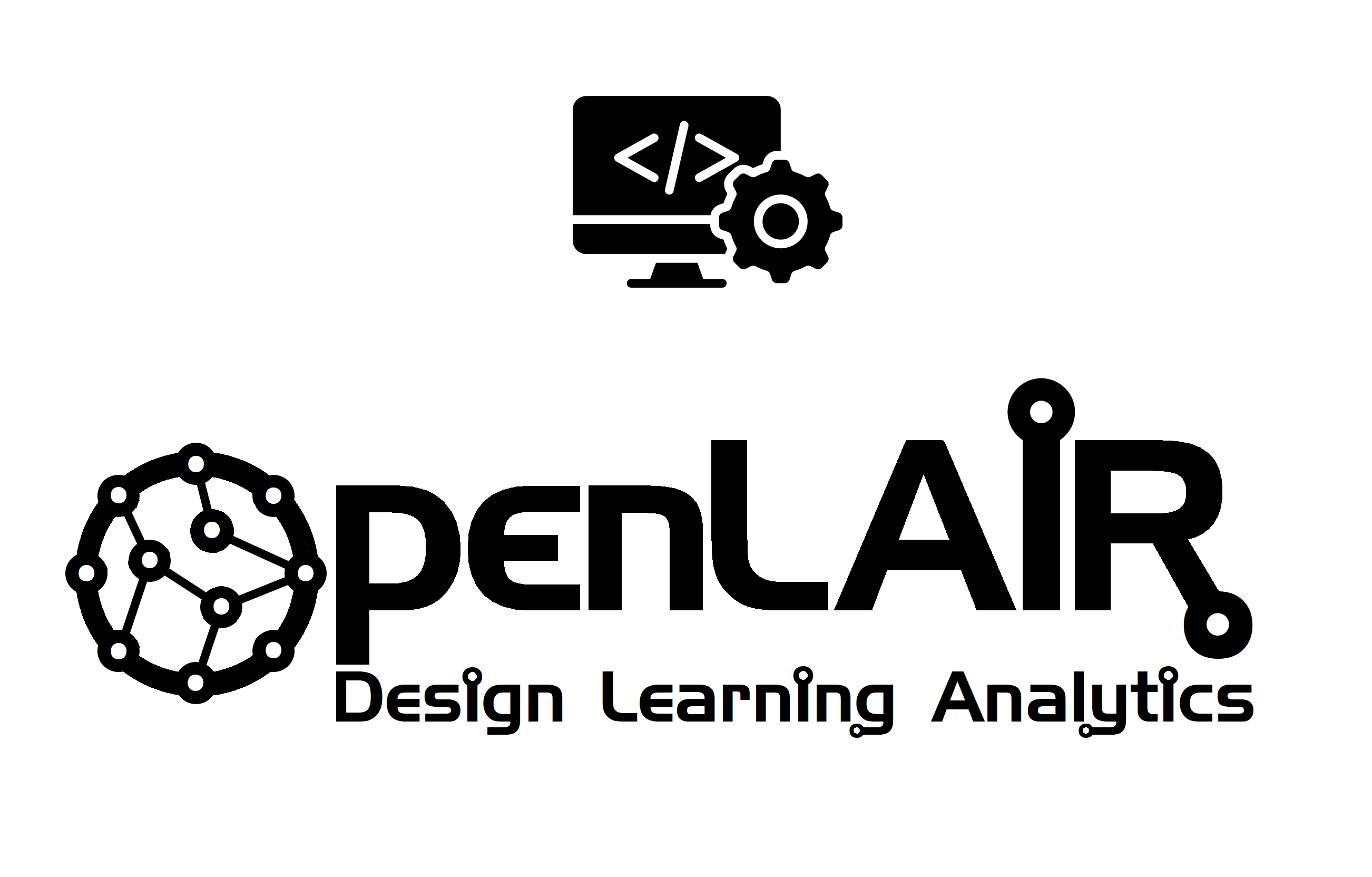
About Me
I am a Postdoctoral Researcher at Goethe University Frankfurt, Germany, and the DIPF | Leibniz Institute for Research and Information in Education. My work focuses on the intersection of responsible Artificial Intelligence (AI), Learning Analytics (LA), and educational innovation.
In my current research, I integrate responsible AI practices into the design and application of educational technologies (EdTech). This includes supporting educators and institutions with the use of LA, guiding the selection of meaningful indicators, and contributing to evidence-based course design.
A major part of my work involves exploring the potential of Large Language Models (LLMs) to enhance student assessment and personalized feedback. I investigate how LLMs can improve the quality of extracted knowledge from educational data and how this knowledge can be transformed into actionable insights that foster effective teaching and learning.
Ultimately, my goal is to bridge cutting-edge AI research with practical educational applications, ensuring that innovations are not only technically robust but also ethical, transparent, and beneficial for both learners and educators.
I completed my PhD with a thesis titled “Uncharted Territories: Learning Analytics Indicators from a Learning Design Perspective”, in which I developed the Learning Analytics and Design Alignment (LADA) framework to systematically align Learning Design and Learning Analytics. During my PhD, I developed and evaluated OpenLAIR, which is an evidence-based LA indiactor repository. Additionally, this work combined systematic literature reviews with advanced methods such as machine learning (NLP), visual analytics, and knowledge extraction to generate deeper insights.
Beyond research, I am actively involved in teaching at both the bachelor’s and master’s levels, including course instruction and thesis supervision. To date, I have supervised around 13 bachelor’s and master’s theses and am currently supervising PhD students.
Work Experience
• Postdoctoral Researcher at Goethe University Frankfurt and DIPF - Germany (2024 - Present)
• Research Associate at DIPF | Leibniz Institute for Research and Information in Education - Germany (2018 - 2024)
• Student Assistant at RWTH Aachen University - Germany (2016 - 2018)
• Software Engineer - Pakistan (2013 - 2015)
Education
• PhD in Computer Science at Goethe University Frankfurt - Germany
• M.Sc. at RWTH Aachen University - Germany (2015 - 2018)
• B.Sc. at IIU Islamabad - Pakistan (2010 - 2014)
• Higher Secondary School Certificate - Pakistan (2008 - 2010) *(University Entrance Qualification)
• Secondary School Certificate - Pakistan (1996 - 2008)
Contact Details
Atezaz Ahmad
Eschersheimer Landstr. 155-157,
60323 Frankfurt am Main
Email 1: ahmad@studiumdigitale.uni-frankfurt.de
Email 2: a.ahmad@dipf.de










.jpg)



